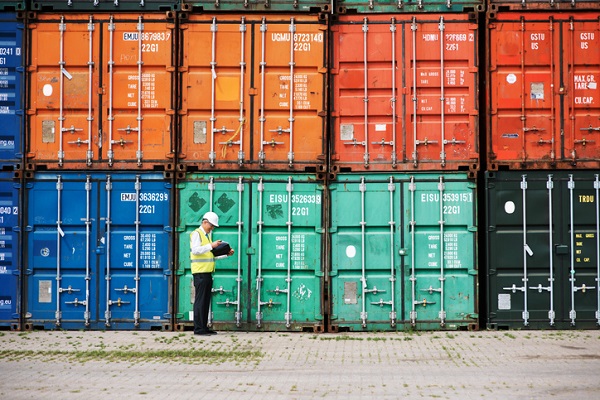Heavy industry’s net-zero transition effort boosted by $2m ARENA grant
An effort to transition ‘hard-to-abate’ sectors to net-zero emissions by 2050, including iron and steel, aluminium and chemical supply chains has been boosted by both a $2 million grant from the Australian Renewable Energy Agency (ARENA) and major players Rio Tinto and HSBC joining the initiative, along with research provider BloombergNEF.
The Australian Industry Energy Transitions Initiative (Australian Industry ETI) brings together key industry and finance companies to accelerate action towards achieving net-zero emissions in supply chains by 2050 across critical sectors known as ‘hard-to-abate’ given their high emissions and relatively higher abatement costs.
ADVERTISEMENT
With Rio Tinto and HSBC joining 14 other major companies already part of Australian Industry ETI, initiative partners now represent approximately 24% of the ASX100 market value. Other partners include BHP, Woodside, BlueScope Steel, BP Australia, Fortescue Metals Group, Orica, APA Group, Australian Gas Infrastructure Group, Wesfarmers Chemicals, Energy and Fertilisers, Aurecon, AustralianSuper, Cbus, National Australia Bank and Schneider Electric.
The Australian Industry ETI focuses on reducing supply chain emissions across five sectors: iron and steel; aluminium; LNG; other metals, including copper, nickel, lithium; and chemicals, such as fertilisers and explosives.
It aims to support Australian industry to realise the opportunities of a decarbonised global economy, through identifying the timing, scale and sequencing of actions required across manufacturers and energy generators to begin transitioning to net-zero emissions supply chains.
The initiative is run by independent not-for-profits ClimateWorks and Climate-KIC, in collaboration with the global Energy Transitions Commission.
The $2 million funding boost from ARENA will enable the initiative to develop credible pathways for these sectors to transition to net-zero emissions and pilot emissions reductions projects across different supply chains.
The initiative’s initial research and analysis work focused on mapping technologies and key actors across the supply chains. Early findings reveal existing and emerging technology solutions can address almost all emissions in the supply chains, and that Australian industry has much to gain from being leaders in the net-zero transition.
For example, investment in green steel, green hydrogen, and carbon capture, utilisation and storage (CCUS) will be important to reducing emissions in some of these hard-to-abate sectors. Industry partners will pursue these opportunities and other solutions in early action projects through the next phase of the initiative.
“The Australian Industry ETI is working to set Australian industry up to take up the opportunities in a decarbonised global economy,” ClimateWorks chief executive Anna Skarbek says.
“Getting to net-zero in the complex supply chains within these hard-to-abate sectors involves transformational solutions that are more than a single organisation can achieve alone as it requires simultaneous shifts of finance, investment and service providers.
“The Australian Industry ETI recognises getting to net-zero requires collective action. With Rio Tinto and HSBC Australia signing on, its partners now make up approximately a quarter of the total value of the Australian stock market.”
Related reading:
- Hydrogen, the new energy source for Australia by Phil Kreveld (from Electrical Connection, Winter 2021 edition)
- The ESB’s Post-2025 market design for the NEM
- The electrical industry’s role in a sustainable future by Sean Carroll (from Electrical Connection, Summer 2020 edition)
-
ADVERTISEMENT
-
ADVERTISEMENT


